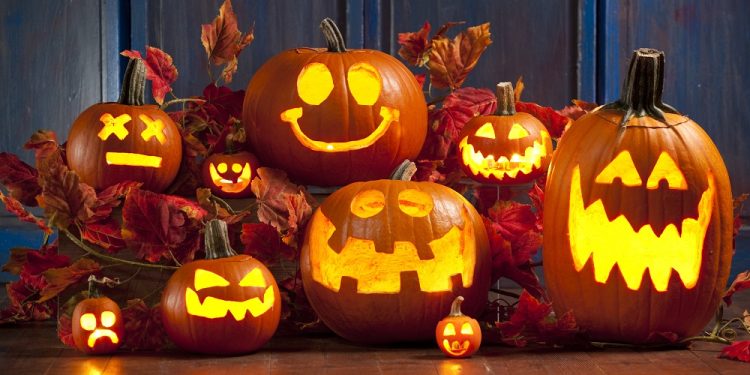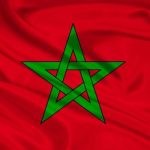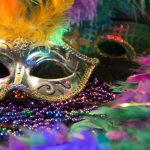
Halloween
Most people know Halloween as a holiday during which children dress up in costumes to hit the streets and beg for candy from their neighbors. They also know it as a day to bob for apples and watch scary movies with friends and family members. However, what many people don’t realize is that this holiday has a long and storied history that dates back millennia.
It’s a day that honored the spirits of the dead, a day to ward off evil spirits that have crossed the threshold between the lands of the living and the lands of the dead, and to perform divination rituals that would foretell the future. These traditions are buried beneath the veneer of fun and games, but in many ways, they are still there, waiting to be rediscovered.
The History of Halloween
A direct line can be traced back from Halloween to the Celtic tradition of Samhain. This ancient Celtic festival, pronounced “Sah-Win,” was a time to celebrate the end of summer and to prepare for the darkness of winter. It was also a time when people tried to divine the future by performing rituals and connecting with their dead relatives.
Over the years, the traditions of Samhain would be combined with other religious festivals, including the Roman festival Feralia—a holiday that honored the dead, and the Roman holiday Pomona—a holiday dedicated to the Roman goddess of fruit and trees.
That’s why elements such as bobbing for apples have been added to the original Celtic festival. Another festival that was combined with Samhain to create Halloween was Lughnasadh. This Gaelic holiday was observed in August, but it did use feasting and the lighting of bonfires to great effect.
These traditions undoubtedly had an effect on the evolution of Halloween over the years. Of course, the religion that had the greatest effect on the evolution of Halloween as a popular holiday was Christianity.
Halloween traditions were mixed with Christian ones to create All Hallows’ Eve—a day celebrated before All Saints’ Day—a Christian holiday during which people pray for and honor their deceased loved ones. This holiday was also a day for people to pray for saints and martyrs as well.
All Hallows’ Eve would become an important Christian holiday on the liturgical calendar during which people prayed and fasted in preparation for the feast day All Saints’ Day. Another thing that some people might not realize is that the Christian tradition of All Souls’ Day is also important to the creation of modern Halloween celebrations.
All Souls’ Day falls on November 2nd, the day after All Saints’ Day, and it was a day for Christians to pray for the souls of those believed to be in purgatory. On this day, it was customary to light candles and dress up in costumes to help guide souls out of purgatory to their ultimate reward.
These traditions would end up being mixed with Halloween traditions, and the result is the holiday as we know it today.
Where Is Halloween Celebrated?
Halloween is an international holiday that’s celebrated all over the world, although it is more popular in some countries than others. Below is a short list of just some of the countries that observe this holiday in some form or another.
- United States
- Barbados
- Cayman Islands
- Norway
- Mexico
- Latvia
- Armenia
- Bermuda
- Australia
- Gibraltar
- Colombia
- Canada
- New Zealand
- Vietnam
- Bosnia and Herzegovina
- Albania
- Romania
- Moldova
- Iceland
- Germany
- Lithuania
- United Kingdom
- Bangladesh
- India
- South Korea
- Thailand
- Taiwan
Observing Halloween
This holiday is observed in a number of different ways. In some countries, it’s observed with children dressed up in spooky costumes and going door-to-door to ask for candy. It’s also often observed with Halloween parties, by visiting haunted houses (either real ones or those designed for amusement), and carving pumpkins or gourds to create jack-o’-lanterns.
Some people may also decorate their homes with Halloween themes and/or watch scary movies. Regardless of how this holiday is celebrated, one thing is certain: We’re all going to have a spooky fun time!








